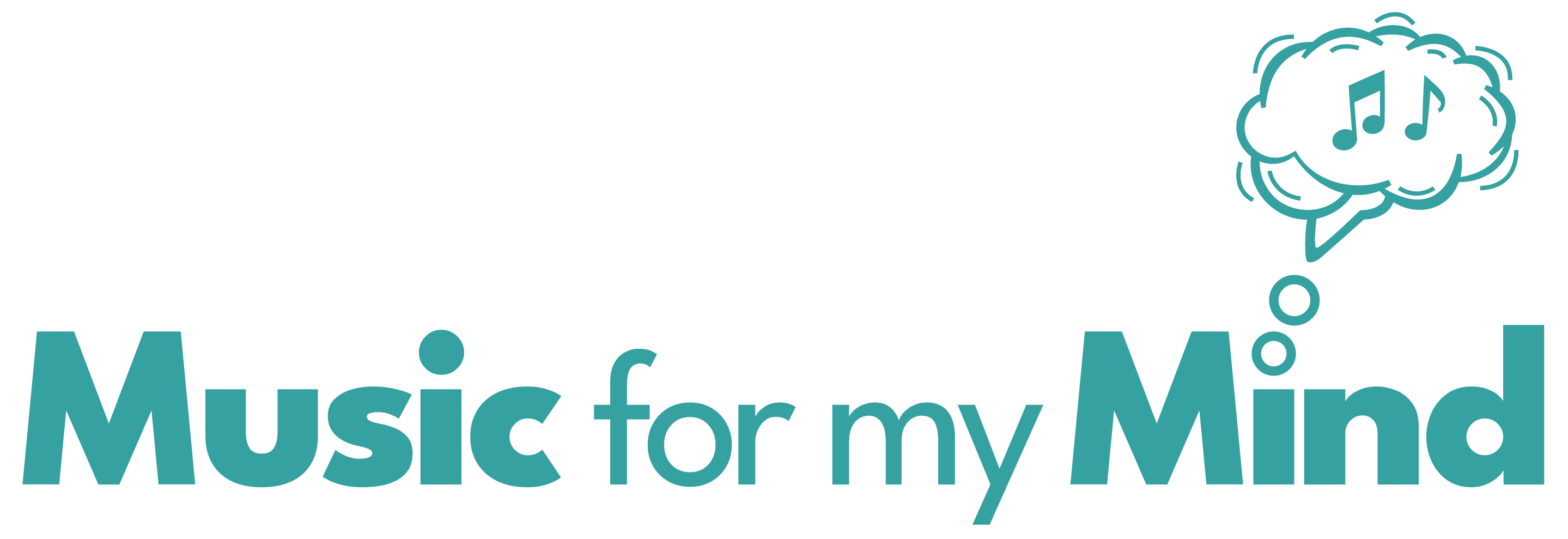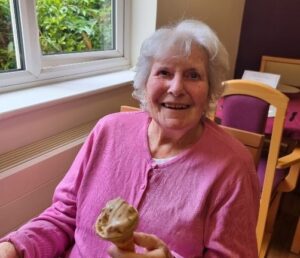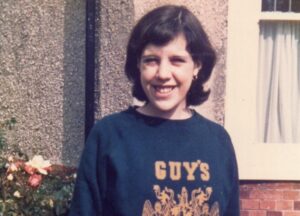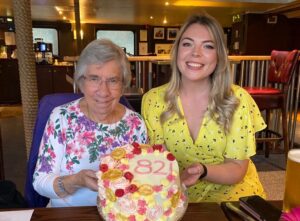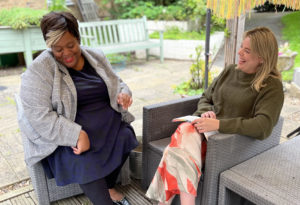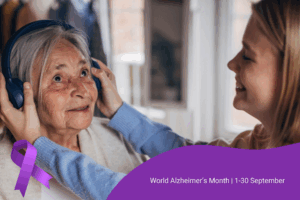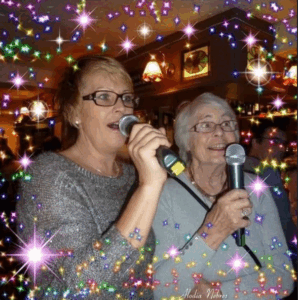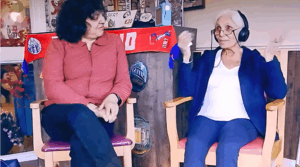
The Unknown Healing Power of Social Prescribing: A Symphony of Health and Well-being
To mark Social Prescribing Day 2024, we look at what social prescribing is, what are the benefits, and what does the future of social prescribing look like?
What is social prescribing?
Social prescribing is a key component of Universal Personalised Care. It is an approach that connects people to activities, groups, and services in their community to meet the practical, social and emotional needs that affect their health and well-being.
In the orchestra of health care, social prescribing is a unique instrument gaining attention for its transformative abilities. Far beyond the realm of traditional medicine, it offers a harmonious blend of solutions, often prescribing activities such as arts, nature, exercise, and community engagement to promote holistic wellness.
"Social prescribing is the single most important development in healthcare in the last decade."
- Dr. Michael Dixon - Chair, College of Medicine & Social Prescribing Network
What is the history of social prescribing?
The roots of social prescribing can be traced back to the 1990s in the UK, where healthcare professionals began recognising the limitations of pills and procedures alone in addressing the multifaceted needs of patients.
In the early 2000s, pilot projects and initiatives began to explore the effectiveness of social prescribing. These projects often involved collaborations between healthcare providers, local authorities, community organizations, and charities.
In 2017, the UK government announced funding to support the expansion of social prescribing schemes across the country.
The NHS Long Term Plan, published in 2019, included commitments to expand social prescribing. This plan emphasized the importance of addressing social determinants of health and providing holistic care to patients.

Who are the pioneers of social prescribing in the UK?
In the UK, several individuals and organisations have played pivotal roles in pioneering and promoting social prescribing.
Sir Sam Everington, a GP in Tower Hamlets, London, realised that many patients were presenting with ailments rooted in social isolation, poverty, or lack of purpose. Instead of reaching for the prescription pad, he started referring patients to community resources — be it gardening groups, art classes, or local support networks.
The Social Prescribing Network is a national organization dedicated to promoting social prescribing across the UK. It was established to share best practices, research, and resources related to social prescribing. The network has played a crucial role in raising awareness and building a supportive ecosystem for social prescribing.
Another pioneer, Prof. Sir Muir Gray, is a public health expert who has advocated for a shift towards preventive medicine and social prescribing. His work emphasizes the importance of lifestyle factors and social determinants of health in overall well-being.
"Social prescribing is about supporting people to take greater control of their own health, and addressing the wider determinants of health that clinical treatments alone cannot."
- Dr. Marie Polley, Chair of the Social Prescribing Network
Current practice
Today, social prescribing has evolved into a widespread practice, adopted by healthcare systems globally. It involves a collaborative approach, where healthcare professionals work with link workers or social prescribers to connect patients with a diverse range of activities tailored to their needs.
These activities can span a spectrum, from gardening clubs and walking or music groups to dance classes and volunteering opportunities. The key is to empower individuals to take an active role in their well-being, fostering a sense of purpose and connection within their communities.
Why is social prescribing vital for communities?

The answer lies in its ability to address the root causes of health issues. By tackling loneliness, fostering social connections, and promoting physical activity, it not only improves individual well-being but also strengthens the fabric of communities.
In areas where social prescribing programs are active, we witness vibrant community hubs, where people come together to share skills, stories, and support. This sense of belonging is not just a nice-to-have; it’s a fundamental aspect of human health.
Harmony of arts and music
One of the most beautiful notes in the symphony of social prescribing is the role of arts and music. These creative outlets have been shown to have profound effects on mental health.
Music, for instance, has been used therapeutically for centuries. From ancient civilizations to modern therapy sessions, its rhythm and melody have the ability to soothe anxieties, uplift spirits, and have transformative effects on those living with dementia.

The impact and future of social prescribing
The impact of social prescribing reverberates far beyond individual lives. Studies have shown reductions in GP visits, hospital admissions, and a boost in overall well-being. Communities become more resilient, individuals find purpose, and healthcare systems become more holistic in their approach and have pressure relieved on already stretched resources.
As we look to the future, the integration of social prescribing into mainstream healthcare seems not just beneficial but necessary. It aligns with a shift towards patient-centered care, recognising that health is more than the absence of disease—it’s about thriving in mind, body, and spirit.
Create a FREE playlist someone living with dementia
Read more stories on our blog
World Alzheimer’s Month – Jean’s Story
"Since staff discovered her love for music, Jean has come out of her shell and is attending activities daily." This World Alzheimer's month we bring you Jean's story.
World Alzheimer’s Month – Mary’s musical life
Mary's Alzheimer's diagnosis led her to discover our Playlist Maker and the memories came flooding back.
World Alzheimer’s Month – Lucy and her Grandma Margaret
MFMM's Research Assistant, Lucy, tells us about the magical time she spent with her grandma as she lived with dementia.
Interview with Care Home Manager, Coni – the impact of music on residents with dementia
"Music alone shall live, never shall die." Watch care home manager, Coni talk about feeding the spirits of the residents in her care with music.

